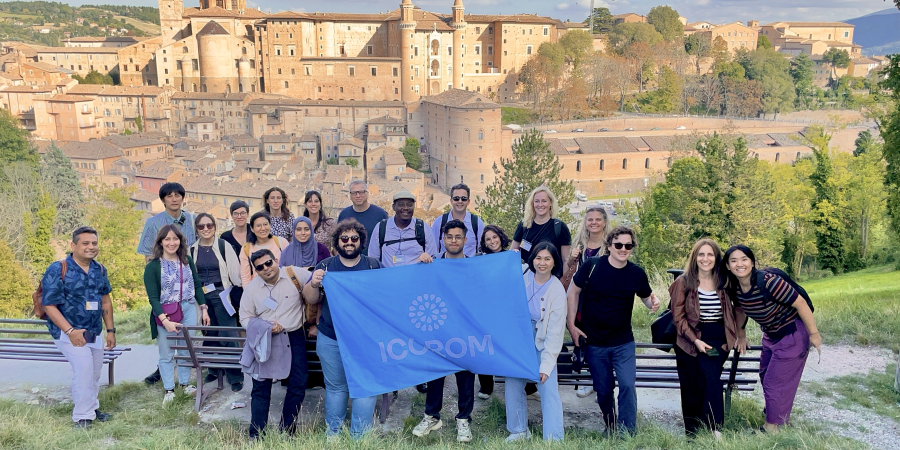The Second World War claimed more lives than any other war in history and obliterated a great deal of cultural property that defined the communities in which they were erected. This included many historic cities of Europe.
In its aftermath, the world needed a technical institution dedicated to preserving, protecting and restoring what humanity had destroyed. In response, UNESCO created ICCROM and chose Rome as its headquarters. As home to ICCROM and as a beneficiary of its earliest efforts, Europe is a region with which the organization has always had close ties, and which has also had an important role to play in the conservation sector.
Sixty years later, humanity is faced yet again with large-scale and catastrophic developments – mass displacement of people, entrenched conflict, harshening climate. All are challenging cultural heritage preservation. Europe is again in a positon to both benefit from and serve ICCROM’s efforts. This is not only because these demographic, political and climatic forces are playing out within or near its borders, but also because Europe is able – and therefore responsible – to play a more universal role in enacting change.
ICCROM is eager to engage with a Europe that leverages everything from its resources, to experience and diplomatic know-how to model inclusive and engaged societies. Europe can take the lead in truly integrating refugees who come in search of safety, embracing the cultures they bring and incorporating them into Europe’s own. Europe can show how caring for culture is caring for people as heritage congregates and generates cohesion, understanding and even economic opportunity. And when Europe extends this work beyond its borders, it can demonstrate how the returns on cultural diplomacy are more stable, inclusive and just nations – indeed, a better world.









